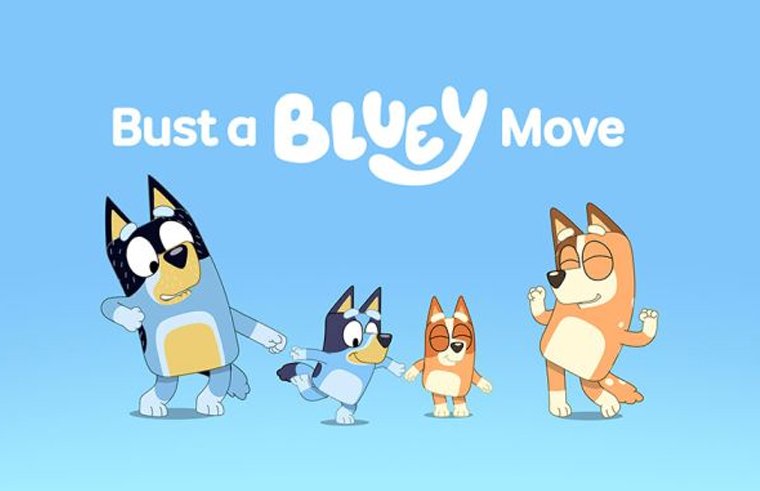I really like kids’ tv and movies. We have a pretty extensive Disney collection, even before we had any kids. There are a few kids’ shows that annoy me, but there aren’t too many.
But today I want to tell you about Bluey.

Bluey is a lovely little show we discovered on Disney+ about a family of Australian Blue Heelers and the adventures of the pups Bluey and Bingo. We often find ourselves cracking up while watching the show as a family. And I’ve discovered Connor playing some of the pretend games that they play on the show. Modeling pretend play is something that not all shows do well. This one does.
Whether you have kids or not, give it a shot. The episodes are only 7 minutes, you’ll likely enjoy it. But I didn’t really come here to give you a review or a recommendation.
Simple and real storytelling is so rare. And so hard to do. That’s part of what makes it hard to define. We know it when we read or watch it, but putting into words why we like it is often hard. We can point out when things are good because of their complexity, but the simple goodness is tricky to define and trickier to create. There’s a lack of pretense balanced with intention and purpose.
For example, there’s an episode where Bingo and Bluey are pretending to be grannies, and they disagree about whether grannies can do the floss dance. Yeah. The floss dance. When they video chat their own granny to find out and discover that she can’t, Bluey is glad because she was right. But this means that Bingo doesn’t want to play with her anymore. So Bluey teaches her grandma how to floss. Because it’s more important to her that they have fun together than that she was right about it.
But then the episode ends with the two of them being grannies again, driving their little pedal car and running into Dad and everything in the yard, because in the game grannies are bad drivers.

I think that sometimes people think that real things cannot be playful. That pretend is not also incredibly important. And I guess I just need to point to one person: Fred Rogers.

I think we all know that make-believe is important for children. It is so important for growing their brains and bodies and souls. But we’d often like to think that pretend is only for children. It isn’t.
Consider this your invitation to play. To pretend. To imagine.
And I guess if this post has connected Bluey to Mr. Rogers, that is pretty high praise.